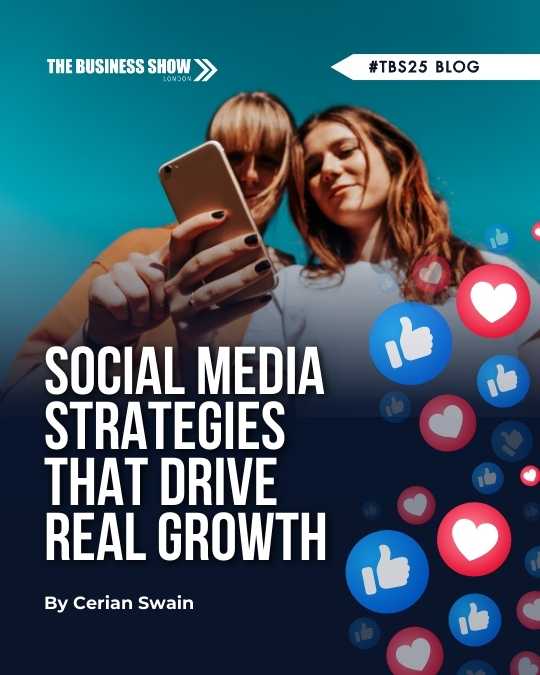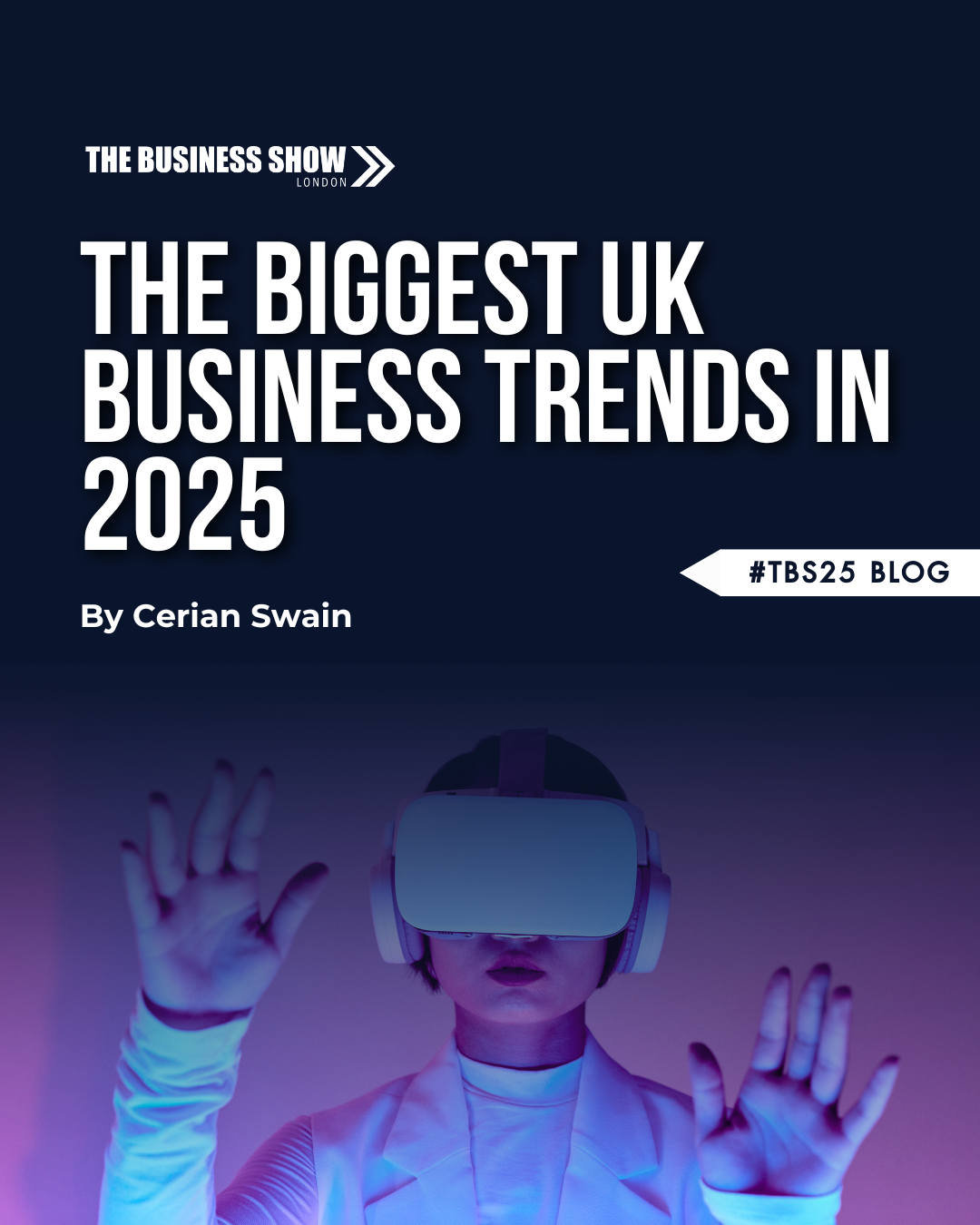CDP Institute Round Table June 2025
July 2, 2025US/Europe Roundtable, June 25, 2025
Guest: James McDermott, VP Data Products, Contentstack and co-founder, Lytics (bought by Contentstack in January 2025)
Contentstack acquisition of Lytics:
- Contentstack is an API-first headless CMS, 700 clients; they felt data platform would be foundational to what they could do to drive engagement and personalization;
- good fit with Lytics because Lytics was focused on real time, web-centric use cases; felt more companies wanted integrated platform with data plus content;
- also liked Lytics’ agent roadmap (campaigns, content, etc.), which they expect to take over more user engagement
- Contentstack had built personalization engine that could render variants native to CMS; found companies wanted to do a/b testing and personalization on segments;
- wanted to make it easier to make segments from CDP available to CMS within workflow;
- disjointed nature of data vs experience is problem; need to make it easier to bring data to the application
- Have found high demand / interest in the combined product; makes possible to run tests, create content with AI, etc.; significantly accelerates personalization initiatives
- Contentstack customers don’t want another CDP but do want easy capabilities to activate data in web, mobile, advertising; could still use Lytics as CDP replacement if a customer wanted it
- Contentstack is open and composable; clients can buy whatever pieces they want; are critical enabling infrastructure for web and mobile; if want to extend to other channels, can integrate easily; are not trying to be ‘system of record’ but does let extend segmentation to any channel;
- have relationship between users and content available in context API, which no one else has; simplifies workflow by bringing together segmentation/data and content
- Contentstack having relationship between users and content is among the most crucial elements
CDP industry trends:
- CDPs focused on niches to get traction in crowded industry, makes it easier to develop specialized capabilities e.g. specialized connectors, onboarding
- Category winners emerge based on perception (e.g. thought leadership, presence, scale), not product;
- thinks that Salesforce is the category winner in CDP with Data Cloud; they understand how data can drive applications, create niche products, have revenue and momentum
- independent Lytics competed with Salesforce for CDP business; launched “Experience CDP” to differentiate via integrations with Drupal, WordPress;
- different as part of Contentstack, which has Salesforce as major partner; are not competing with Salesforce
- now, Lytics is data activation layer; can do real time data pipelines, zero copy approach, have attribute API to import attributes from any CDP without transformation; can easily make data available to content experiences in any channel
- expect more companies to see Salesforce as similar to Snowflake or Databricks, except that are also connected to Marketing Cloud, Commerce Cloud, Service Cloud, AgentForce, etc.; is competitive offering especially as companies try to reduce number of tools to reduce friction; also feel that AgentForce is gaining momentum as people move to agentic
- data clouds and data clean rooms have become home base for paid media teams; prevents consolidation between CDP and paid media
Agents and content:
- content is still left out of the equation; people are going deeper into how AI understands content, which should unlock more personalization
- Lytics was always designed to understand connection between users and content, so could describe users and match with content;
- in future, AI agents will decide which content to show in personalization, based on context and content consumed; will be able to match dynamic conversation to dynamic web experience; Contentstack has content layer that Salesforce lacks but needs to create conversations
- Expect explosion of vector databases, which can understand content
- Users look more like agents; need to ensure that site is indexed correctly; web experience must find way for agent to talk to other agents; also need on-site agent to relate to website experience
Bundled vs composable CDP
- ‘CDP inside’ is bundled offering of engagement platform plus CDP; trying to make data a competitive advantage in engagement space;
- in CDP, ‘composable’ means having connection to warehouse to use data without transforming it, which all major CDPs can now do; is important to enterprises with large cloud data warehouse investments; feels bundled CDP provides greater data onboarding and activation capabilities, when data is in different places
Need for data access
- Today, people have a lot of data but need to make easier to access
- Companies want things to be easier; too many projects where companies are not able to use the data in ways they want
- In CMS space, is transformation away from old, monolithic CMSs; today, companies are open thinking about what a new CMS stack would look like; want vendors to show they will help companies work with all data, structured and unstructured
MCP (Model Context Protocol)
- MCP servers are completely transformational; make all data on MCP servers queryable; is game-changer for openness; at Contentstack, have all content and data already available, structured, and ready for query; makes more data available and directly queryable, regardless of ‘CDP inside’
- Clean, structured data set is important for the new frontier; at Salesforce, pairing Data Cloud with AgentForce is right thing to do
- Exposing data to MCP is very easy; Tealium was first CDP to structure data available to MCP; some CIOs/CTOs worry about Treasure Data and Zeta Global bringing Anthropic into the flow, because is public model, don’t know where the data will go; feels AgentForce will be limited in what it can execute; MCP is bigger game changer than LLMs; ‘MCP is the new API’; agents create fluid world that makes more important to have easy data access
- MCP removes most integration effort, makes much easier to use multiple agents; Salesforce is addressing security and privacy issues; value of agents will be related to value of the data; MCP makes more context data available to models, yielding better decisions will make decisions more traceable; will be proliferation of requirements for sharing data between agents
- MCP blows apart the composable story because now everything is queryable
- Company’s own data is what will separate it from competitors
- Despite concerns about AI, is very exciting and will create new possibilities and changes


